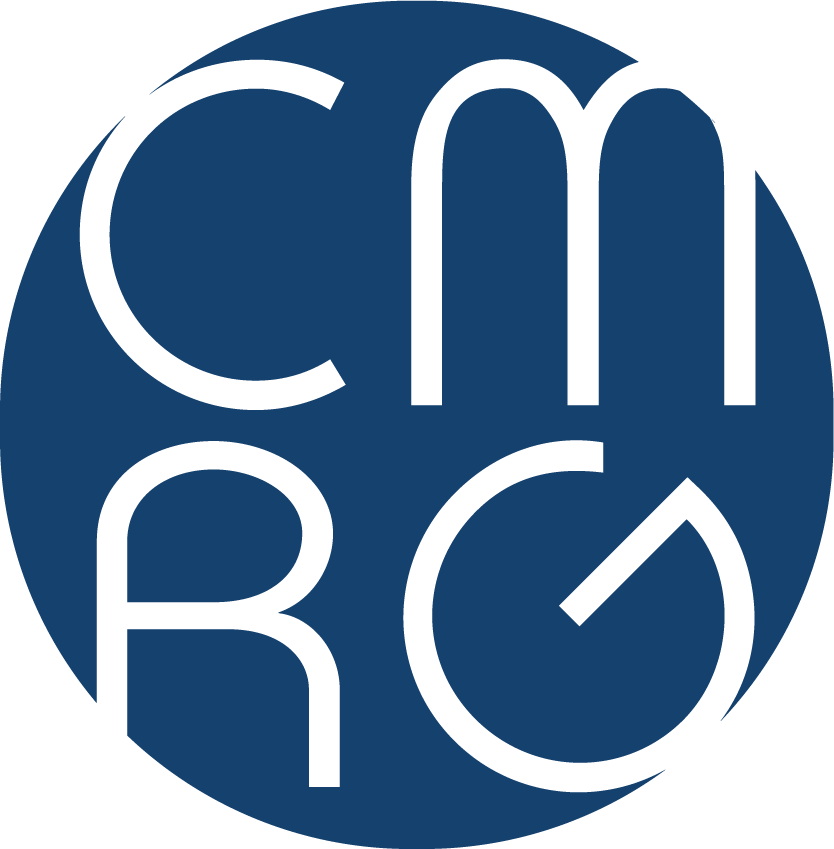Ineffective recruitment strategies can have long term, negative impacts on various aspects of your business. If recurring hiring issues feels like an unsolvable puzzle, this reflects a need for your business to take a second look at its recruitment strategies.
Fortunately, making HR processes more efficient and ushering your HR strategies forward will ensure your practices are truly benefiting your business, your employees, and potential employees.
The following list will help you identify common recruiting pain points your business may be experiencing and offers solutions to steer you toward more successful recruitment outcomes.
Indicator #1 High Turnover Rate
Employer turnover rate is a measure of employee satisfaction. The lower the turnover rate, the better the company’s performance is perceived. If your business is experiencing high or rising employee turnover, it is a sign that you may not be using the proper strategies to recruit the most ideal candidates.
An improved recruitment strategy will eliminate the following unwanted side-effects of a high or rising employee turnover:
Poor Productivity: Replacing people impacts business productivity. When your valuable, productive employees leave, it takes time and money for new recruits to fill their boots.
Contagion: A perpetual exodus of employees impacts workforce morale; which can be disruptive and demotivating. And, if customer-facing staff are leaving it could impact sales, customer satisfaction levels or the customer experience.
Brand Reputation Damage: The more employees that leave your company disgruntled or dissatisfied, the greater the risk that they will speak negatively about your business.
Improving your recruiting strategies will ensure better candidates are selected from the onset. The recruiting strategy should be based on connecting with the most qualified candidates who are also the best culture fit. Taking the time the time to properly engage, assess, and nurture candidates– while authentically representing your brand– will help your business attract and retain top talent who will stay with you for the long term
Indicator #2 Your Hiring Process Takes Too Long
Recruiting top talent is a very fast-paced and competitive process. If your hiring process is at operating at a snail’s pace, you risk missing out on the best candidate. If your hiring process lags, your ideal candidates may accept another opportunity before you have a chance to make an offer; especially as they are most likely weighing multiple offers. Expediency is also particularly important when engaging passive candidates who have the luxury of bypassing you if your process takes an exceedingly long time.
An improved recruiting strategy will better position your business in a job seekers market Contracting a reputable recruitment agency will help streamline and expedite your processes. This will shorten the hiring timetable, as they expertly facilitate engagement, screening, and hiring on your behalf; removing these cumbersome tasks from your plate. Once a suitable candidate is identified, they are able to offer additional support services to keep your processes moving forward quickly.
A tediously long hiring process will have the following negative impact:
Poor Impression: Long hiring processes makes a poor first impression and candidates who have other options may see it as a reason to forgo an opportunity with your business
Smaller candidate pool: Slow hiring processes can, over time, damage your company’s reputation as an employer of choice. This leads to fewer and less suitable candidates.
Indicator #3: Outdated Archaic Processes
The digital era and the increasingly interconnected world we now live dictates the need for businesses to modernize archaic recruiting strategies.
New talent utilizes social media, multiple job boards, websites, and reviews to source career opportunities. Candidates have become more digital, mobile, and social in how they search for potential employers, therefore HR practices must evolve to become as strategic and nuanced. If your recruiting strategies are outdated, chances are good you’ve missed opportunities to make connections with top talent.
Your recruiting should incorporate digital marketing strategies to attract and engage modern candidates where they spend time on mobile devices and online.
Not adapting and updating to today’s modern job market will waste your business’ valuable time and resources. To stay ahead of the competition, your business needs to be motivated to move your recruitment strategies forward to be on the leading edge.
The first step is to integrate contemporary practices. Adopting a fresh, innovative recruiting strategy is the answer. Your aim is to discover and hire high caliber candidates faster, improve the overall candidate experience, and retain satisfied employees.
If you are unsure where and how to begin, a recruitment marketing agency would be a valuable asset for your business to partner with.
